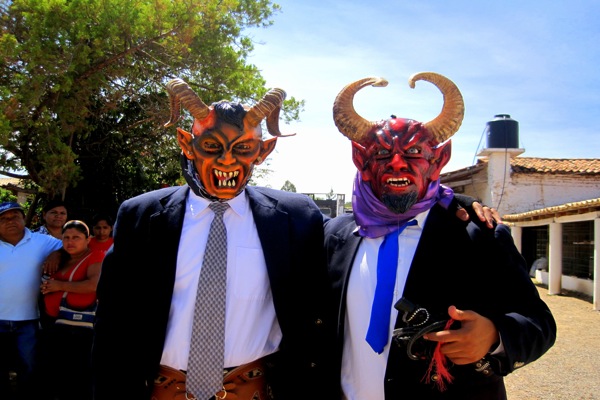
Photo: author
In a recent World Hum piece, Eric Weiner made the claim that Turkish baths and whirling dervishes, two traditional cultural practices he enjoyed in Turkey, would not exist today if it weren’t for the support of tourist dollars.
Young Turks, he asserts, have a waning interest in these practices and therefore tourism is all that sustains them. In his view, this “inauthentic” preservation of culture and these “inauthentic” cultural experiences are better than none at all. He states that the “travel snobbery” which criticizes tourists for courting such experiences and commercializing them is “rampant, insidious, and frankly, annoying.”
